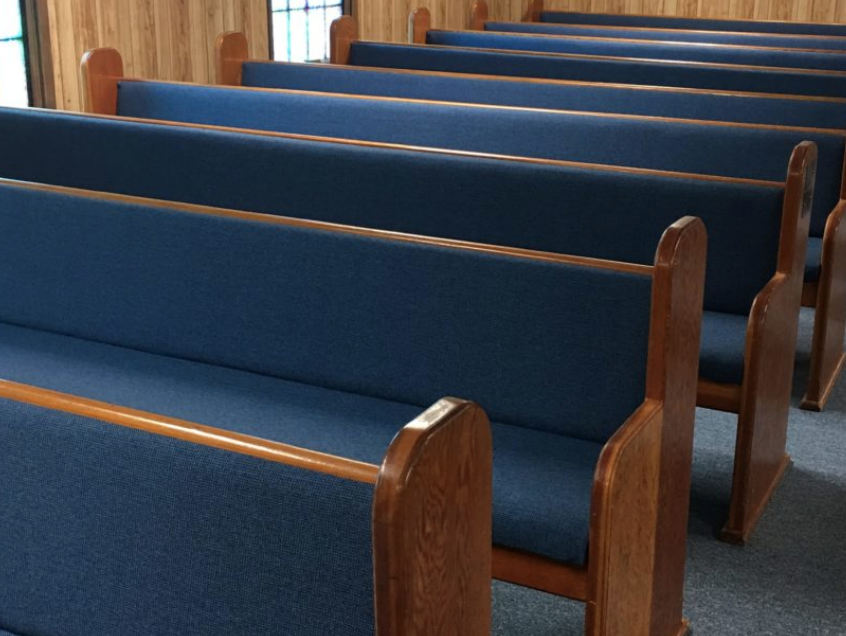After Democrats voted in the Alabama primary in early March, researchers for CNN and other National Exit Pool newsrooms asked them several questions.
Reactions to the candidates were sorted by gender, race, LGBTQ identity, age, education level, political ideology and other factors. However, researchers didn't ask about religious faith and how often voters attended worship services. They didn't probe differences between evangelicals, Catholics, Mainline Protestants and "nones" -- Americans who claim zero ties to organized religious groups.
"We don't know the answers to these kinds of questions because they are rarely being asked," said Michael Wear of Public Square Strategies. He is best known for his work as faith-outreach director for Barack Obama's 2012 campaign and as part of the president's White House staff.
"This isn't just about exit polls. It's hard for Democrats to do their planning, and to allocate resources during campaigns, without this kind of data. … We need cross-tabs in these polls so that we can compare differences between white evangelicals and black evangelicals, between Catholics who go to Mass all the time and those who don't and other groups as well."
Exit Pool researchers did ask about religion in South Carolina, the pivotal state in former Vice President Joe Biden's stunning surge. It was significant that Biden was backed by 56% of Democrats who attend religious services "once a week or more," while 15% of those same voters backed Sen. Bernie Sanders. Among those who "never" attend services, Sanders was the clear winner.
Similar religion gaps emerged in North Carolina, Florida and Tennessee. In news coverage, these trends were linked to Biden's support from African-Americans, including churchgoers -- a huge voter bloc among Democrats.
That's important information, said Wear. But it would have helped to know how Catholics in South Carolina voted, as well as more about evangelical Protestants -- black and white. It would have helped to know what issues mattered most to active members of various religious groups and how faith affected their choices.
It's possible that pollsters and journalists do not ask these questions, he said, because key "players in the Democratic Party leadership aren't asking the big questions about religion, either."
Part of the problem is that many Americans have decided that the "religious" now means "Republican," according to a Pew Research Center poll conducted after the Iowa caucuses.



